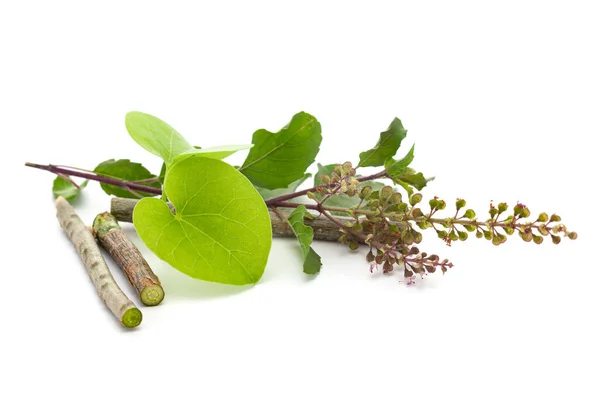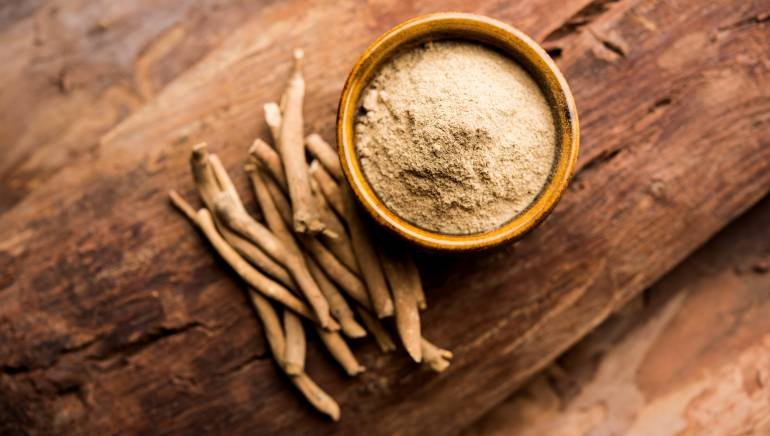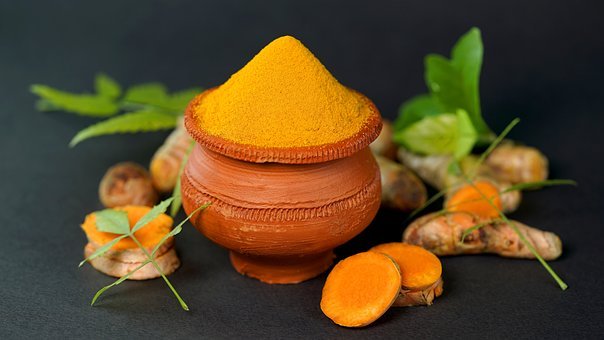High levels of uric acid in the body can lead to a painful condition known as gout. Fortunately, Ayurveda, the ancient Indian system of medicine, offers a wealth of natural remedies to help reduce uric acid levels and alleviate the symptoms of gout. In this comprehensive guide, we’ll explore Ayurvedic solutions, dietary recommendations, and lifestyle changes to manage and prevent gout.
Understanding Uric Acid

To effectively address high uric acid levels, it’s essential to understand what uric acid is and why it accumulates in the body. Uric acid is a waste product that forms when the body breaks down purines, which are found in certain foods and are also produced by the body. When uric acid levels become elevated, it can lead to the crystallization of urate crystals in joints, causing gout. Ayurveda offers unique insights into why this happens and how to restore balance.
Ayurvedic Remedies
Triphala:

Triphala is a renowned Ayurvedic remedy for gout, composed of three fruits: Amalaki, Bibhitaki, and Haritaki. It acts as a powerful detoxifier, eliminating toxins from the body and aiding in digestion. Additionally, Triphala possesses anti-inflammatory properties, helping to alleviate the joint pain and inflammation associated with gout.
Giloy:

Giloy, an Ayurvedic powerhouse, is celebrated for its potent anti-inflammatory and immunomodulatory properties. It can assist in reducing elevated uric acid levels, providing relief from the discomfort of gout. Regular consumption of Giloy can also enhance overall immunity.
Punarnava :
Punarnava is a natural diuretic in Ayurveda, supporting the elimination of excess uric acid through urine. Its diuretic action helps prevent the crystallization of urate crystals in joints, reducing the risk of gout attacks.
Ashwagandha :

Ashwagandha, an adaptogenic herb, helps the body adapt to stress, a common trigger for gout flares. By promoting stress reduction, Ashwagandha indirectly supports gout management and can improve overall well-being.
Turmeric :

Turmeric contains curcumin, a potent anti-inflammatory compound. Incorporating turmeric into your diet can help manage gout symptoms by reducing joint inflammation and pain. It also provides additional antioxidant benefits for overall health.
Dietary Guidelines:
Ayurveda places significant importance on dietary modifications to manage uric acid levels. Reduce the intake of high-purine foods like red meat, organ meats, and shellfish. Instead, focus on a diet rich in vegetables, fruits, whole grains, and legumes. Adequate hydration is crucial for flushing out uric acid, so drink plenty of water. Include anti-inflammatory foods like ginger, garlic, and green leafy vegetables to further support gout management. These dietary changes can play a pivotal role in reducing uric acid and preventing gout attacks.
Lifestyle Changes
Exercise Regularly:

Incorporating moderate exercise into your daily routine is crucial for reducing uric acid levels. Exercise improves blood circulation, helping to prevent the buildup of urate crystals in joints. It also aids in weight management, as obesity is a risk factor for gout. Engage in activities like brisk walking, swimming, or yoga for at least 30 minutes a day to support joint health and reduce inflammation.
Stress Management:

Chronic stress is a known trigger for gout attacks. Ayurveda recommends stress-reduction techniques such as yoga, meditation, and deep breathing exercises. These practices help calm the mind, reduce cortisol levels, and promote overall emotional well-being. By managing stress effectively, you can lower the likelihood of gout flares and support your body’s natural healing processes.
Adequate Rest:
Quality sleep is essential for the body’s natural healing and repair mechanisms. Aim for 7-8 hours of uninterrupted sleep each night. Proper rest helps the body recover from daily stressors and maintains its balance. Adequate sleep also supports immune function and overall health, reducing the risk of gout attacks and promoting well-being.
Hydration:

Maintaining proper hydration is vital for flushing out excess uric acid from the body. Ayurveda recommends drinking lukewarm water throughout the day to aid digestion and detoxification. You can also infuse water with beneficial herbs like coriander or fennel for added benefits. Avoid excessive consumption of sugary and caffeinated beverages, as they can contribute to dehydration and exacerbate gout symptoms.
Ayurvedic remedies and lifestyle changes can be a holistic approach to managing uric acid levels and preventing gout flare-ups. However, it’s essential to consult with a qualified Ayurvedic practitioner or healthcare provider before making significant dietary or lifestyle changes. By embracing the wisdom of Ayurveda, you can take significant steps towards reducing uric acid and enjoying a life free from gout pain.




